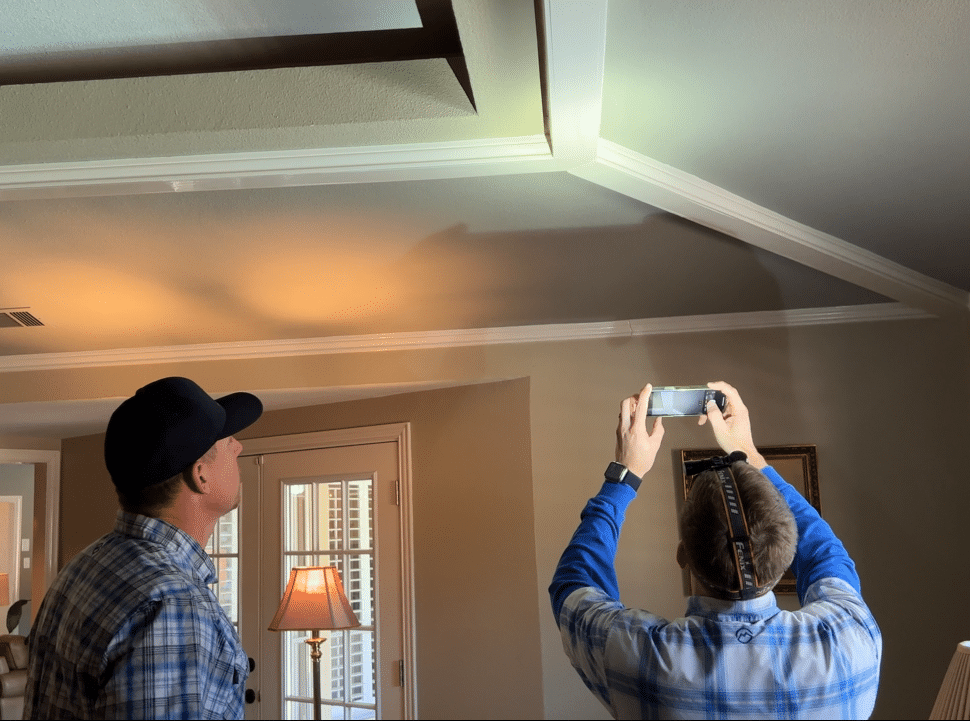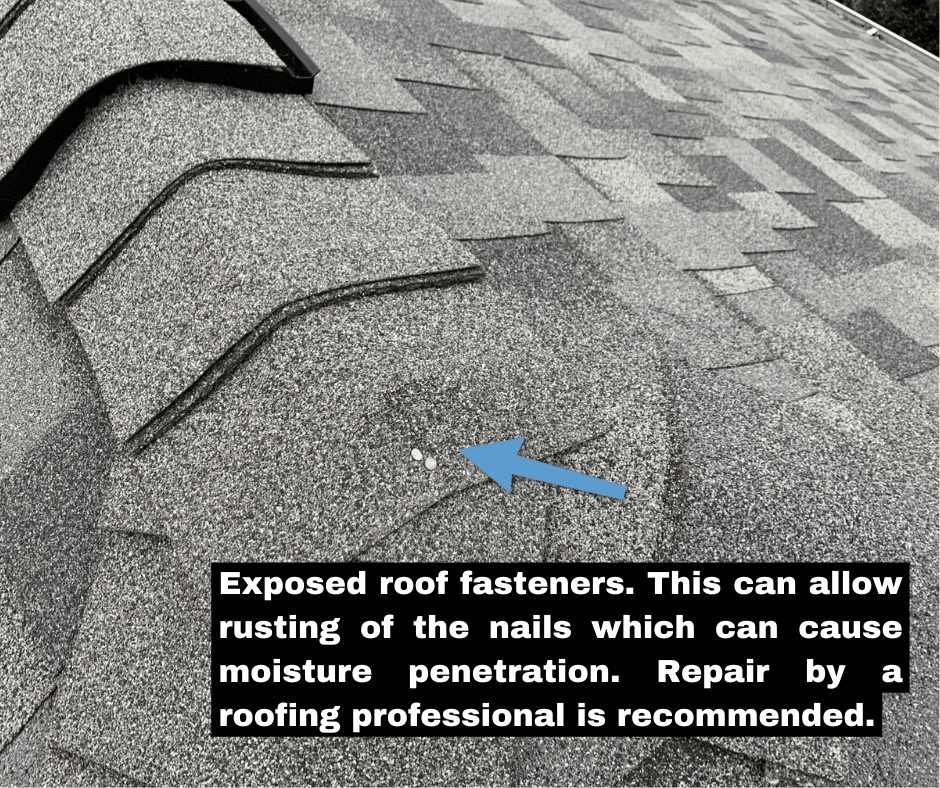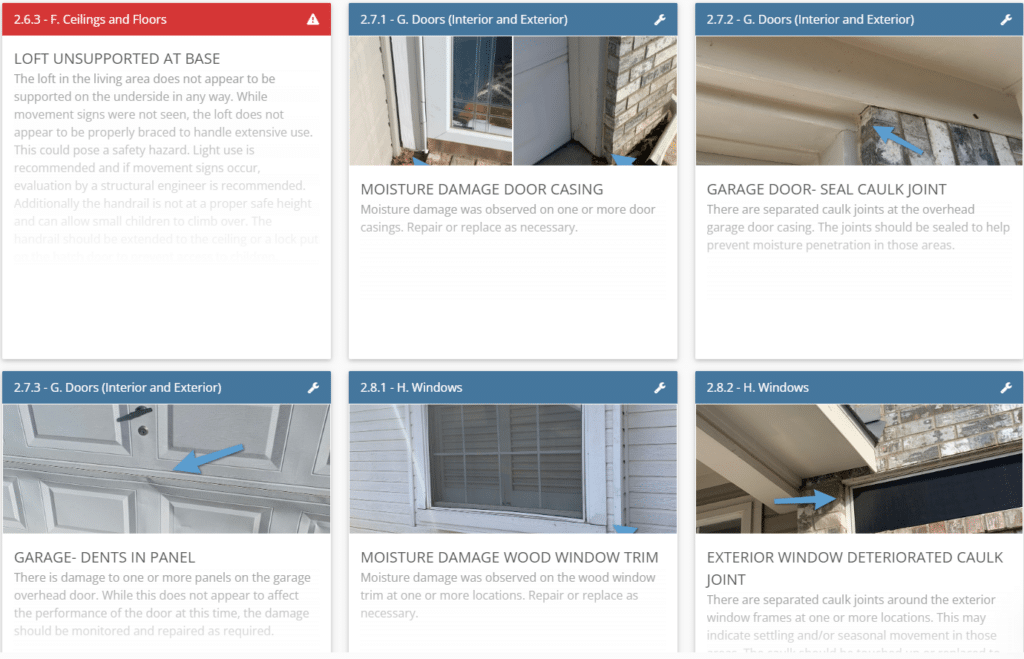Buying a home is one of the most significant investments individuals make in their lives, and a vital step in the process is the home inspection. This inspection is essential to ensure that the property is in good condition and free from hidden issues that could turn into costly repairs down the line. However, understanding the technical jargon and detailed information in a home inspection report can often be overwhelming for clients. To bridge this gap, we’ve compiled a comprehensive guide to help clients comprehend and interpret their home inspection reports effectively.
- Choose a Reputable Inspector: The foundation of a clear and comprehensive home inspection report starts with hiring a reputable and experienced home inspector. Research and read reviews to ensure that your chosen inspector is qualified and trustworthy. A qualified inspector will not only conduct a thorough examination of the property but will also provide an informative and well-organized report.

- Attend the Inspection: Whenever possible, encourage your clients to attend the home inspection in person. This allows them to see firsthand the areas of concern and ask questions as the inspection progresses. An inspector can explain technical terms and concepts, making it easier for clients to understand the eventual report.
- Visual Aids: Incorporating visual aids like photographs and diagrams in the report can significantly enhance its clarity. Images of areas that require attention provide clients with a visual reference, making it easier to comprehend the inspector’s observations.

- Breakdown of Sections: A well-structured report should be divided into sections, each focusing on a specific aspect of the property. Common sections include roofing, plumbing, electrical systems, structural integrity, and more. Encourage clients to take their time to read through each section, focusing on the details provided for clarity.
- Clear Language: Home inspection reports are notorious for containing technical jargon that can be confusing for the average homeowner. A good inspector will strive to communicate their findings in clear and concise language that clients can easily grasp. They might also provide explanations for technical terms in a glossary section or within the report itself.
- Prioritize Major Issues: Not every observation in a home inspection report is of equal importance. Help your clients understand that some issues are more critical than others. Inspectors often categorize findings as “major,” “minor,” or “cosmetic.” Focus on explaining the major issues that could impact safety, habitability, or require immediate attention.

- Future Maintenance Recommendations: A comprehensive home inspection report will not only highlight existing problems but also provide insights into potential maintenance tasks that homeowners should consider in the future. These recommendations can help your clients understand how to proactively care for their new property.
- Ask Questions: Encourage your clients to ask questions if they are unclear about any aspect of the report. A reputable home inspector should be willing to clarify any doubts and provide additional information to aid understanding.
- Negotiation and Decision-Making: Armed with the insights from the home inspection report, clients can make informed decisions about the property. If significant issues are discovered, they can negotiate repairs with the seller or adjust their offer accordingly. Guide your clients through this process to ensure they make the best decisions for their situation.
- Seek Professional Help: In some cases, the complexity of a home inspection report might require additional expertise to fully understand. Encourage your clients to seek advice from relevant professionals, such as contractors, electricians, or plumbers, to get a more thorough understanding of the issues and potential solutions.
In conclusion, a home inspection report is a crucial tool in the home-buying process, and understanding it is essential to making informed decisions about a property. By following these tips and working with a reputable inspector, clients can gain a clearer understanding of their home inspection report and navigate the complexities of their potential new home with confidence.
